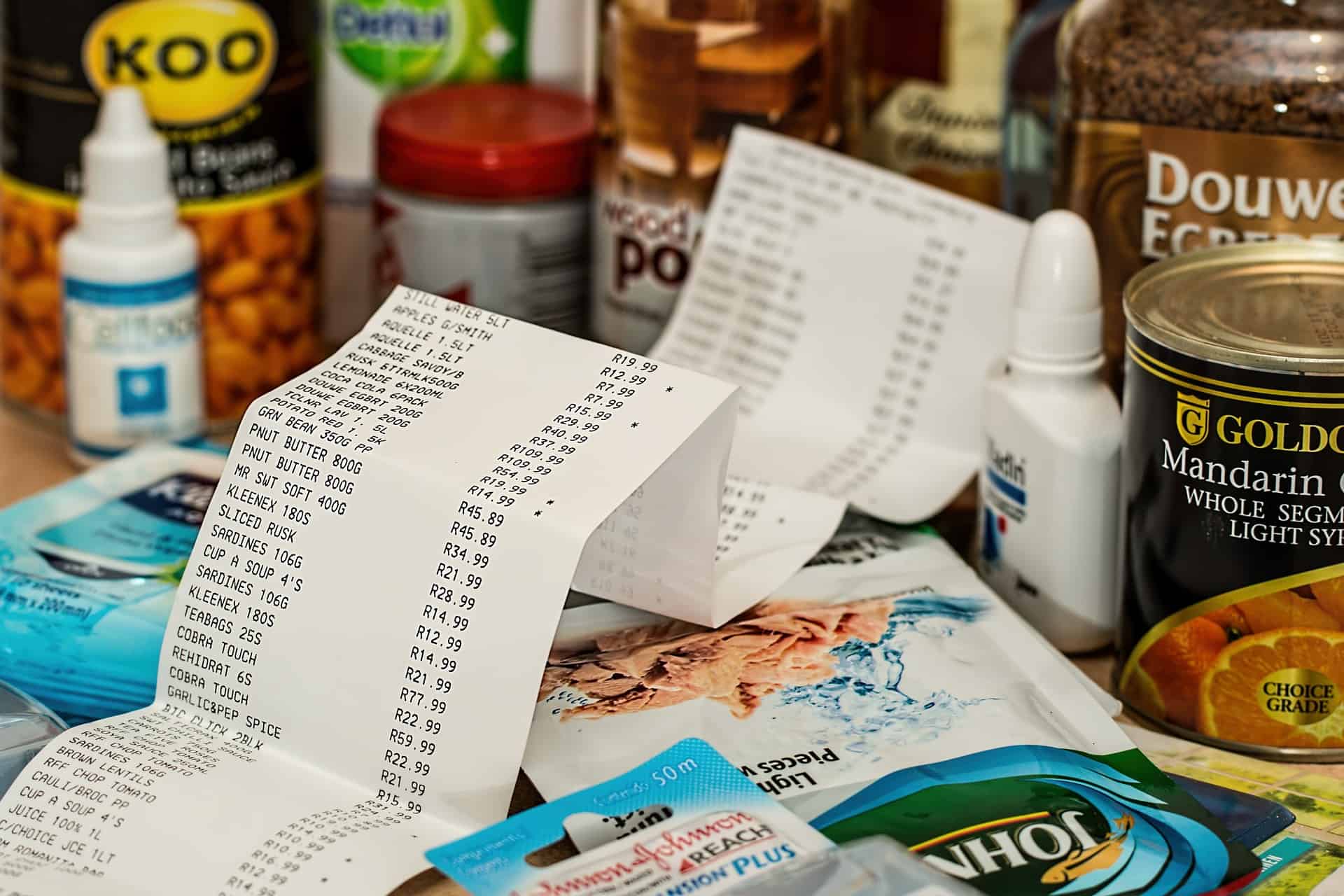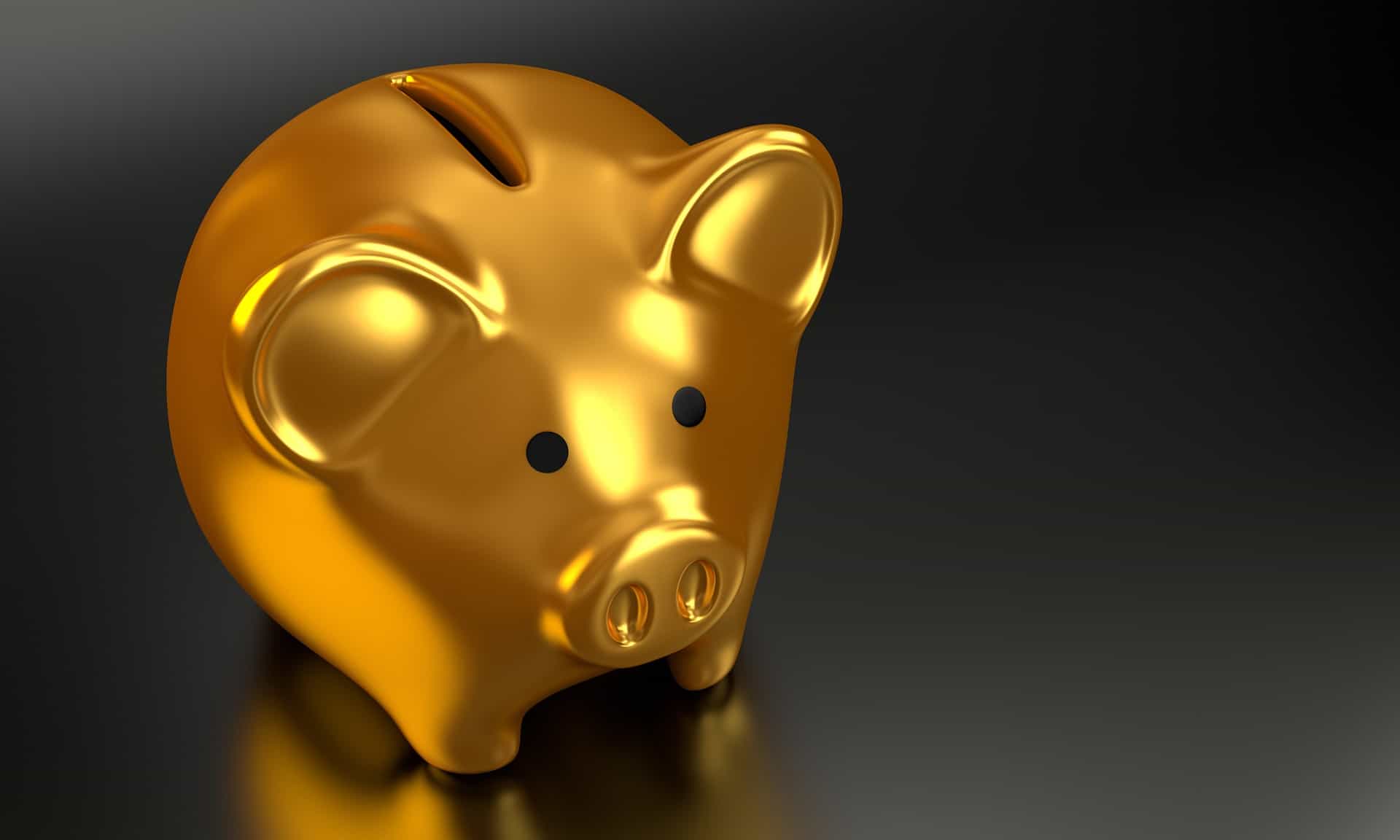A few days ago I got a question form Beau Norton who told me that he has a sort of deep fear that he might be charging too much for his products although he knows his content is life changing.
This is a very common issue because our own products are like our own babies, little creations of art, very personal to us.
And anything that’s personal is always linked to self esteem.
When you buy yourself a new iPhone you’re probably not asking yourself if Apple is charging too much – You just assume that’s the value and you pay it because that’s how much it costs.
But as soon as you create your own products you ask yourself:
“How the hell am I to charge so much for this?”
Anyone relate?
Well, the real answer to Beau’s question is to push through these feelings and just expand your comfort zone by increasing your price, getting more happy customers and slowly getting used to it.
As long as you provide more value than the price you’re charging, you’re in the clear. People will like your product and give you great comments and reviews.
Beau says his product is life changing. So what can be worth more than a life transformation?
As an experiment, try doubling your price just for fun.
Try it. Don’t be too afraid of making mistakes that you don’t take any risk.
You’ll be surprised by how many people will still be happy to buy your product. And it’s a nice way to push your own comfort zone.
But there are also a few “tricks” you can use.
There are a few smart, sneaky marketing methods that allow you to feel like you’re caring less, while making the same amount of money. In this podcast I walk you through both strategies.




Psychological Pricing — What To Look Out For When Pricing Your Product
[…] have never actually split-tested psychological pricing versus normal pricing, but I assume it converts better and that’s why I use […]